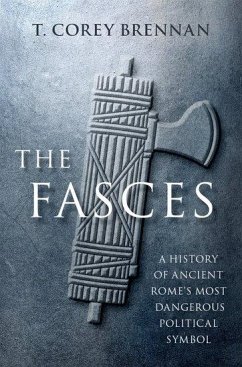
Conspiracy Theories and the People Who Believe Them
Versandkostenfrei!
Versandfertig in 1-2 Wochen
46,99 €
inkl. MwSt.
Weitere Ausgaben:

PAYBACK Punkte
23 °P sammeln!
Conspiracy theories are not fringe ideas, tucked away in society's dark corners. They are an enduring part of humanity. Despite this, researchers and journalists struggle to understand them. Conspiracy Theories and the People Who Believe Them is intended to help better understand conspiracy theories around the world.













